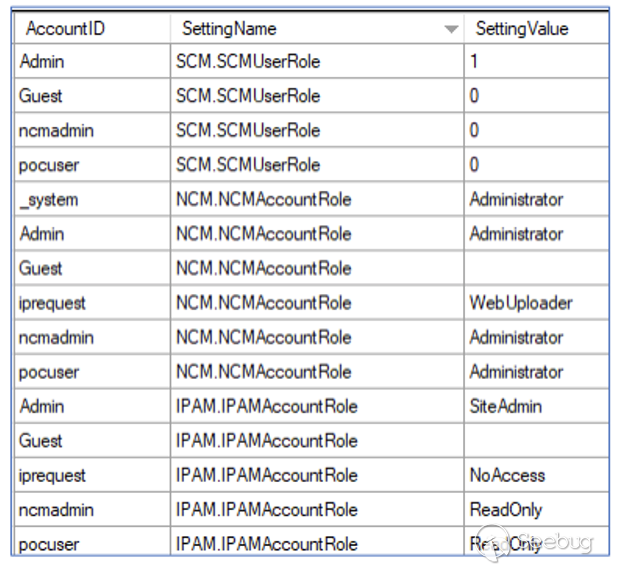**CVE-2020-27871: Directory Traversal leading to arbitrary file upload** Orion allows the installation of various modules, with each module capable of performing a specific network monitoring and management function. One such module is the Network Configuration Manager (NCM) module. Where this module is installed, there is an arbitrary file upload vulnerability that could be leveraged for remote code execution. The root cause of this vulnerability is illustrated in the following code snippet: As shown, the NCM module has a firmware vulnerability management functionality that downloads a ZIP file containing JSON files from an external website. By default, it downloads from `https://nvd.nist.gov`, but this default can be overridden. It then automatically extracts data from the .zip archive. It does not check the file extensions of the extracted files, nor does it verify the file upload path. Thus it is possible to upload the file anywhere in the file system. Files are extracted and...
**CVE-2020-27871: Directory Traversal leading to arbitrary file upload** Orion allows the installation of various modules, with each module capable of performing a specific network monitoring and management function. One such module is the Network Configuration Manager (NCM) module. Where this module is installed, there is an arbitrary file upload vulnerability that could be leveraged for remote code execution. The root cause of this vulnerability is illustrated in the following code snippet: As shown, the NCM module has a firmware vulnerability management functionality that downloads a ZIP file containing JSON files from an external website. By default, it downloads from `https://nvd.nist.gov`, but this default can be overridden. It then automatically extracts data from the .zip archive. It does not check the file extensions of the extracted files, nor does it verify the file upload path. Thus it is possible to upload the file anywhere in the file system. Files are extracted and written in the context of SYSTEM. This flaw can be easily exploited. For example, by issuing the following request, it is possible to upload an arbitrary ASPX file to the www directory: This vulnerability has one caveat in that it can only be exploited by an Admin user. However, this requirement can be bypassed by the vulnerability we will discuss next. **ZDI-CAN-11903/ZDI-21-192: Privilege escalation** [This](https://www.zerodayinitiative.com/advisories/ZDI-21-192/) vulnerability is present when any of the following SolarWinds Orion platform modules are installed: \- Network Configuration Manager \- Server Configuration Manager \- IP Address Manager When any one of these products are installed, SolarWinds stores account roles in the `WebUserSettings` table. View fullsize ! The researcher discovered this table can be modified by a hidden `SaveUserSetting` endpoint. A guest user can elevate their privileges to Administrator by simply issuing the following request: **Conclusion** This series of blog posts shows that simple bugs and oversights can have severe consequences. Luckily, SolarWinds has addressed all the above vulnerabilities in [Orion Platform 2020.2.1 HF2](https://documentation.solarwinds.com/en/Success_Center/orionplatform/content/release_notes/orion_platform_2020-2-1_release_notes.htm). We highly recommend those running a vulnerable version of this platform to upgrade. You can find me on Twitter at [@zebasquared](https://twitter.com/zebasquared), and follow the [team](https://twitter.com/thezdi) for the latest in exploit techniques and security patches.